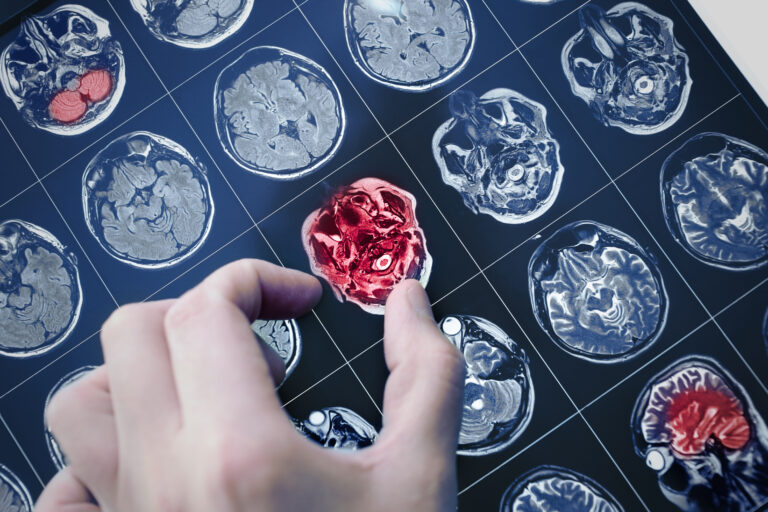Electroconvulsive therapy, often called ECT, is a medical treatment where a carefully controlled electric current is passed through the brain to trigger a brief seizure. It is mainly used for severe depression, especially when other treatments like medications have not worked, but sometimes it is considered for other conditions, including some symptoms in people with Alzheimer’s disease. The big question is: Is ECT safe for someone with Alzheimer’s disease? To answer this, we need to look at what ECT does, how it affects the brain, what risks it carries, and what research says about using it in people with memory problems like Alzheimer’s.
## What Is Electroconvulsive Therapy?
ECT is done under general anesthesia, so the patient is asleep and does not feel pain. Muscle relaxants are given to prevent the body from jerking during the seizure. The seizure itself lasts less than a minute. The whole procedure usually takes about 5 to 10 minutes, and people often have a series of treatments over several weeks. ECT has been used since the 1930s, and modern techniques are much safer than in the past[1].
## Why Consider ECT in Alzheimer’s Disease?
Alzheimer’s disease is a brain disorder that causes memory loss, confusion, and changes in behavior. Sometimes, people with Alzheimer’s also develop severe depression, agitation, or even psychosis (losing touch with reality). When these symptoms are very bad and do not get better with medicines, doctors might think about ECT. ECT is known to work quickly for severe depression and can sometimes help with agitation or psychosis, even in people with dementia[3].
## Safety of ECT in General
ECT is generally considered safe for most people, including older adults[1]. Serious problems like heart attack, stroke, or death are very rare, happening in about 1 in 10,000 treatments[1]. Broken bones, which used to be a risk, are now prevented by muscle relaxants[1]. Before starting ECT, doctors do a full medical check to make sure it is safe for each person. People with certain health problems, like a recent heart attack or a brain aneurysm, are at higher risk and may not be good candidates for ECT[1].
## Cognitive Side Effects
The main concern with ECT is its effect on memory and thinking. Right after treatment, it is common to feel confused or forgetful. This usually gets better within hours or days, but some people notice memory problems that last longer, especially for events around the time of treatment[2][4]. These memory issues are more likely if the electrodes are placed on both sides of the head (bilateral ECT) rather than just one side (unilateral ECT)[3][4]. The type of electrical pulse used also matters—modern, brief pulses cause fewer problems than older types[4].
In elderly people, including those with dementia, ECT can cause temporary confusion or memory trouble, but there is no strong evidence that it makes dementia worse in the long run or causes permanent brain damage[2][3]. Some studies even suggest that having dementia does not make the cognitive side effects of ECT any worse, but more research is needed to be sure[2]. Because Alzheimer’s disease already affects memory, doctors are extra careful when considering ECT for these patients.
## ECT in People With Alzheimer’s Disease
There is not a lot of research specifically on ECT in Alzheimer’s disease, but what we know comes from studies in older adults with depression, some of whom also had dementia. ECT can be effective for severe depression in these patients, even if they have memory problems[3]. The cognitive side effects—like confusion or memory loss—are usually temporary and get better after treatment ends[2][4]. However, because Alzheimer’s disease damages the brain over time, it is possible that people with this condition might be more sensitive to these side effects, at least in the short term[3].
Before starting ECT, doctors should do a thorough evaluation, including tests of memory and thinking, to have a baseline for comparison[2]. This helps them watch for any changes and decide if the benefits outweigh the risks. It is also important to make sure the patient (or their family, if the patient cannot consent) understands what to expect and can give informed consent[2].
## Comparing ECT to Other Treatments
For severe depression in older adults, ECT is often more effective and works faster than medications, especially when other treatments have failed[1][3]. Newer treatments like magnetic seizure therapy (MST) are being studied and might have fewer cognitive side effects, but they are not widely available yet[5]. For now, ECT remains the most effective brain stimulation treatment for severe mood symptoms in older adults, including those with dementia[3].
## Risks and Benefits
The benefits of ECT in someone with Alzheimer’s disease and severe depression or agitation can be life-changing. It can lift mood, reduce agitation, and sometimes improve overall quality of life. The risks are mainly short-term confusion and memory problems, which usually improve. Serious complications are rare, especially with careful medical screening[1][3].
However, ECT does not treat the underlying Alzheimer’s disease—it does not stop or reverse memory loss caused by the disease. It is only used to treat symptoms like severe depression or agitation that are not helped by other means.
## What Should Families and Patients Know?
If ECT is being considered for someone with Alzheimer’s disease, it is important to talk openly with the doctor about the reasons for the treatment, what to expect, and the possible side effects. Families should ask how the treatment might affect memory and daily life, and what support will be available during and after treatment. Regular follow-up is needed to watch for any problems and to see how well the treatment is working.
## The Bottom Line
ECT can be a safe and effective treatment for severe depression or agitation in people with Alzheimer’s disease when other treatments have not worked[3]. The main risks are temporary confusion and memory problems, which usually get better after treatment ends[2][4]. Serious complications are rare, especially with proper medical care[1]. However, ECT does not cure Alzheimer’s disease or stop memory loss. The decision to use ECT should be made carefully, with a full understanding of the risks and benefits, and with close monitoring by a medical team.
Sources: [1][2][3]





